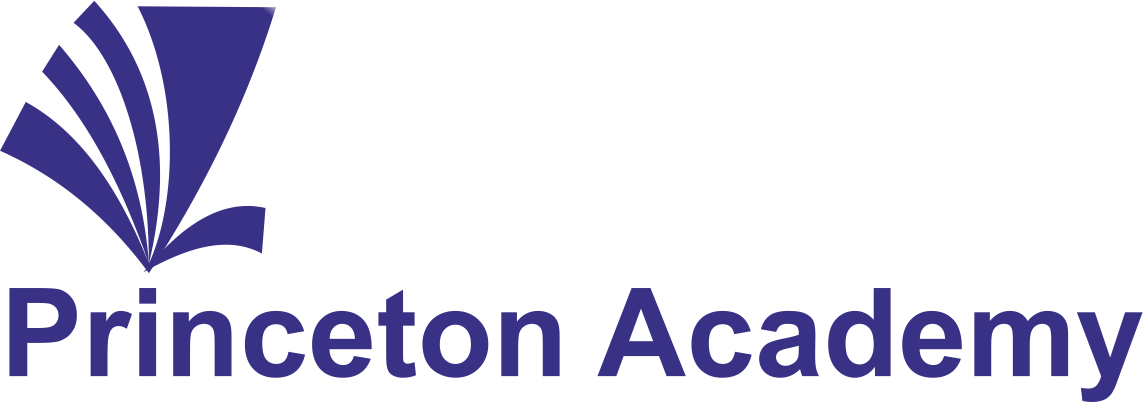Course Content
Stakeholder analysis:
- Power, interest, and influence (PESTEI) framework.
Building Strong Relationships
- The Importance of Trust and Respect:
- Strategies for building trust with stakeholders.
- Active listening techniques to foster understanding.
- Providing and receiving constructive feedback effectively.
- Collaboration and Mutual Support:
- The benefits of a collaborative work environment.
- Tools and techniques for effective team communication (e.g., brainstorming, conflict resolution).
- Fostering a culture of mutual support and shared responsibility.
Taking Initiative and Responsibility
- Developing a Proactive Mindset:
- The power of taking initiative in the workplace.
- Identifying opportunities for improvement and proble m-solving.
- Overcoming fear of failure and embracing a growth mindset.
- Ownership and Accountability:
- Taking responsibility for individual and team performan ce.
- Delivering on commitments and managing expectations.
- Recognizing and learning from mistakes.
Communication Strategies for Different Stakeholders
- Tailoring Your Communication Approach:
- Adapting communication style and content to different stakeholder groups (e.g., senior management, clients, colleagues).
- Utilizing various communication channels effectively (e.g., emails, presentations, meetings).
- Crafting clear and concise messages with a focus on the audience’s needs.
- Overcoming communication barriers (e.g., information overload, cultural differences).
The Bigger Picture
- Beyond Individual Goals:
- Importance of aligning individual goals with the company’s broader vision.
- Understanding the interconnectedness of roles within the organization.
- Embracing a spirit of selflessness and contributing to the collective succes s.
- Thinking Strategically:
- Seeing the bigger picture and how individual actions impact the company as a whole.
- Long-term perspective and decision-making for sustainable growth.
